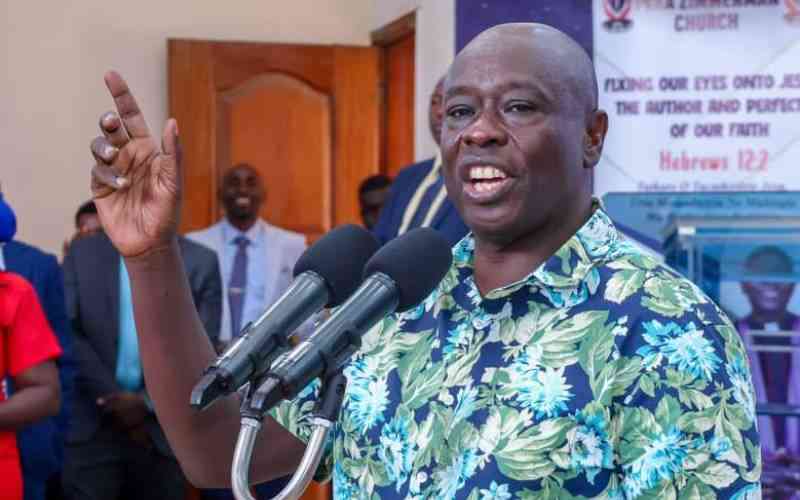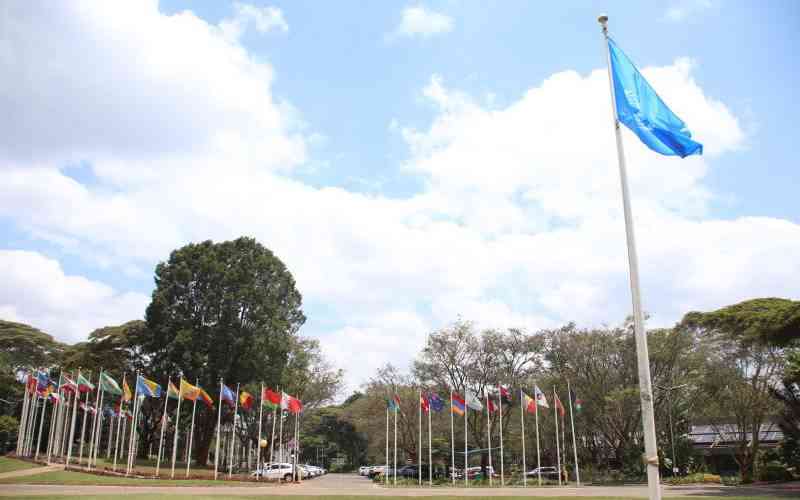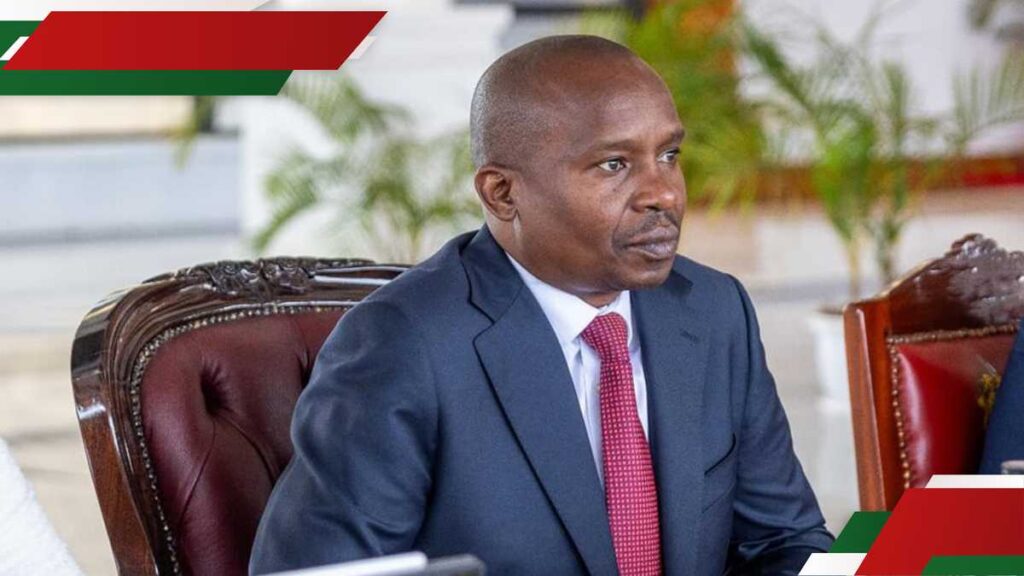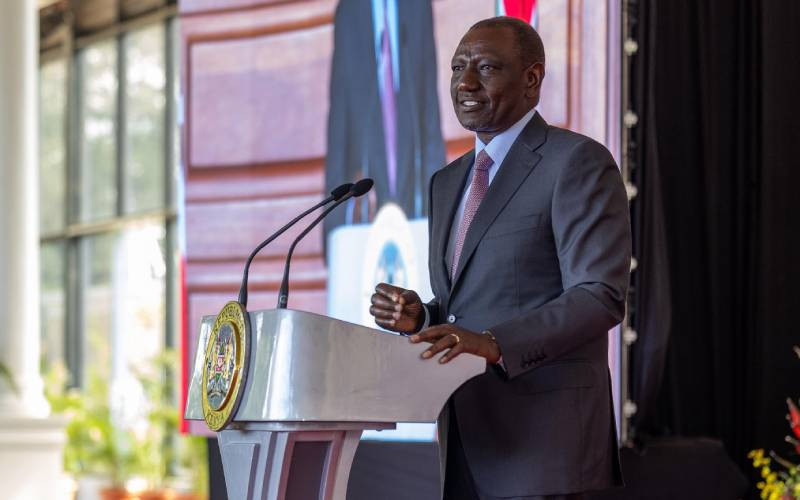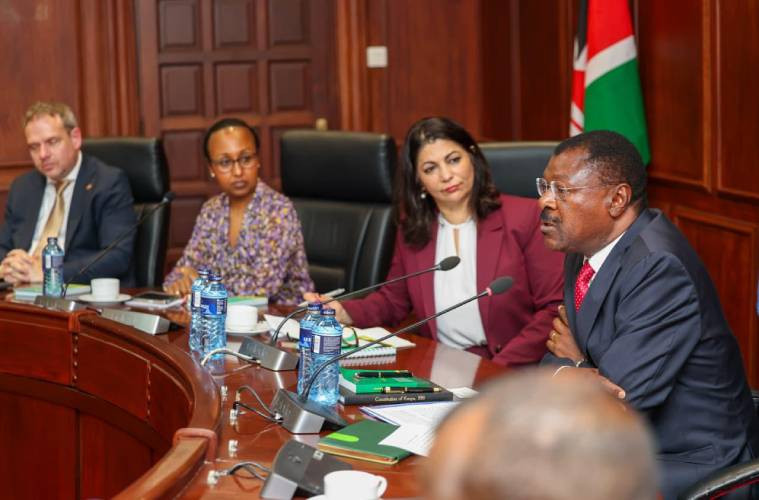The United Nations is facing its most severe financial crisis in decades after the Trump administration drastically cut US contributions.
A report tabled before the UN General Assembly this week shows the organisation will cut its 2026 programme budget by 15.1 per cent, reducing spending from $3.81 billion in 2025 to $3.24 billion.
The cuts come as US President Donald Trump, now in his second term, continues to roll back Washington’s support for international institutions.
America has already quit the Human Rights Council, the World Health Organisation and UNESCO.
Although Nairobi is poised to emerge as a winner as the UN shifts key operations to lower-cost hubs, data indicates that nearly one in five UN jobs will disappear, with 2,681 posts abolished or relocated worldwide.
UN Secretary-General Antonio Guterres stressed the cuts are ‘carefully calibrated’ and ensure balance between the UN’s three pillars (peace and security, development, and human rights).
The proposed cuts to the budget of the Office of the High Commissioner for Human Rights (OHCHR) of around 15 per cent run much deeper than the 2026 proposed budget on development (targeted for around 12 per cent cut) and peace and security (targeted for a 13 per cent cut, excluding peacekeeping operations).
The latest financial retreat strikes directly at the UN’s core, where the US has traditionally provided 22 per cent of the regular budget and 25 per cent of peacekeeping funding.
Despite the turbulence, the UN Office in Nairobi (UNON) has been selected as one of three global payroll centres, alongside New York and Entebbe, tasked with managing the salaries of more than 55,000 UN staff worldwide.
Payroll consolidation, expected to be fully in place by 2026, will halve staffing costs while increasing efficiency.
In addition, Nairobi will host a Common Administrative Platform (CAP) starting in 2027.
The platform will centralise administrative functions such as human resources, finance and procurement for all UN agencies based in the city.
This will make Nairobi a crucial hub for back-office services in Africa, potentially creating new opportunities for Kenyan professionals in payroll, ICT and financial management.
“These reforms are about streamlining functions and relocating them to cost-effective duty stations while protecting critical programmes in developing countries,” the UN report states.
For Kenya, the reforms cement Nairobi’s reputation as a global diplomatic hub. Already home to UNEP and UN-Habitat, Nairobi remains the only UN headquarters in the Global South. With the new responsibilities, analysts say the city will play an even bigger role in shaping how the UN functions on the continent.
Stay informed. Subscribe to our newsletter
Critics fear the cuts could undermine the UN’s credibility.
Phil Lynch of the International Service for Human Rights said the UN’s human rights pillar has historically received significantly less funds than development and peace and security, accounting for just 7 per cent of the UN regular budget and less than 1 per cent of the UN’s total expenditure.
“Any cuts to it would result in minimal savings but have significant and disproportionate adverse consequences for the rights of people around the world,” warned Lynch.



